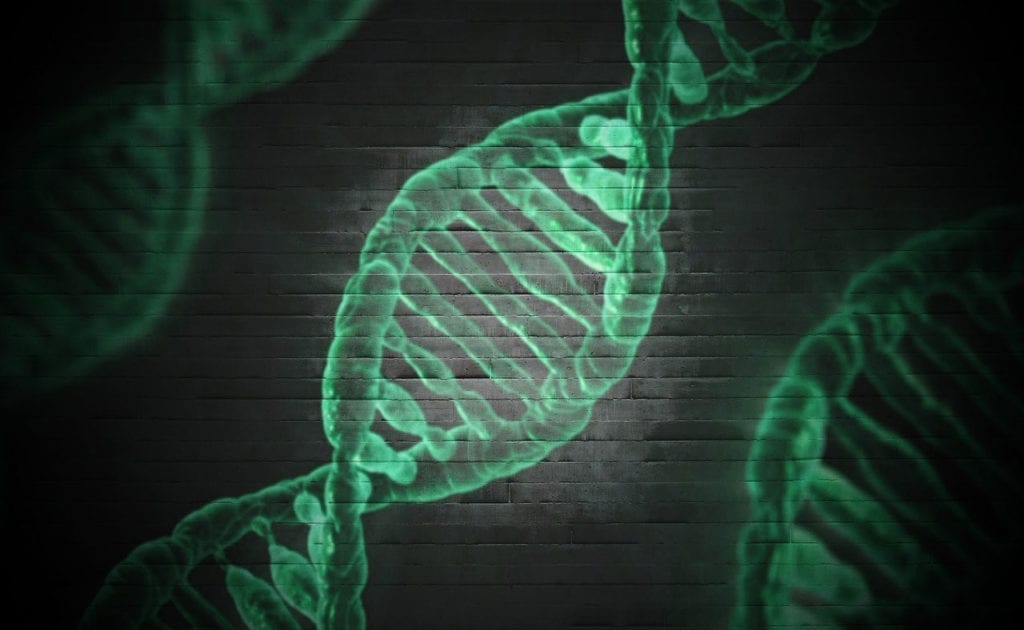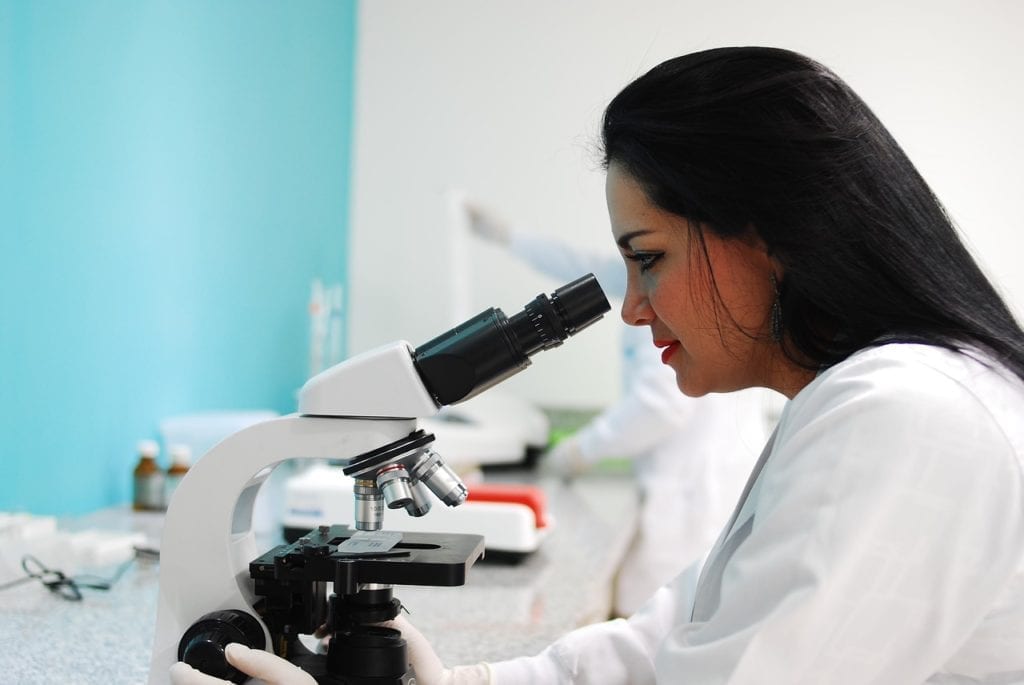CRISPR Cured her Sickle Cell Disease. What Else Does It Have in Store?
Medscape reported that when Victoria Gray was three months old, her family was told to keep her close: her prognosis wasn't looking good. She had been rushed to the ER…
Medscape reported that when Victoria Gray was three months old, her family was told to keep her close: her prognosis wasn't looking good. She had been rushed to the ER…
According to a recent news release, CTX001, a gene-edited therapy for patients with transfusion-dependent beta thalassemia, received Priority Medicines (PRIME) designation from the European Medicines Agency (EMA). The treatment was…
Gene therapy is a recent development in the industry, and it is one that has brought hope to many people who live with a genetic condition without a viable treatment…
Prime editing, a new entry in gene-editing technology, is said to be an extension of the “genetic toolbox.” According to a recent article in Science Daily, prime editing designs…
Gene editing, CRISPR specifically, has become much more well-known and heavily used in the recent past. Advances in this field have allowed medical professionals to treat conditions that had seen…
CRISPR has seen a number of developments recently; 2020 was a good year for gene therapy. Medical professionals are excited by the improvements made and motivated to make further discoveries.…
Crispr is no longer a buzzword. According to a recent article in The Guardian, it has become the ‘molecular scissors’ that will enable scientists to rewrite our genes or as often said,…
According to Medical XPress, new research suggests that removing microRNA from triple negative breast cancer cells can reduce the cancer's spread and progression. The research also found that microRNA could…
Welcome to study of the week, a new series from Patient Worthy. In this segment, we select a study we posted about from the previous week that we think is…
According to BioSpace, recent research has demonstrated that CRISPR gene editing could be the answer to treating progeria, or Hutchinson-Gilford progeria syndrome. The Broad Institute and NIH have collaborated to…
Toxicity resulting from cancer therapy is usually the result of the repeated administration of cancer drugs. On the other hand, the efficacy of CRISPR-Cas9 has been largely affected by problematic…
According to an NBC AP news item, early results show that CRISPR, a “tool” that alters DNA permanently in blood cells, has the potential to not only stop the progression…
According to an NBC AP news item, early results show that CRISPR, a “tool” that alters DNA permanently in blood cells, has the potential to not only stop the progression…
The latest news from Israeli scientists, published in the Times of Israel, is that researchers at Tel Aviv University have accurately targeted cancerous cells in mice using CRISPR.…
According to a story from Newswise, the genome editing company Intellia Therapeutics has recently announced that the first patient has been dosed in its phase 1 trial, which will test…

In late October, CRISPR Therapeutics announced positive top-line data from a Phase 1 clinical trial that was analyzing CTX110 for patients with CD19+ B-cell cancers. However, according to an article…
On October 6, 2020, molecular engineering company Scribe Therapeutics announced an exciting partnership. Originally founded by molecular engineers and CRISPR inventors, Scribe Therapeutics seeks to develop in vivo genetic medicine to treat…
Several decades ago, gene therapy seemed to be on target to treat a disease by simply replacing a defective gene with a healthy one. A recent article republished in APNews…
Several decades ago, gene therapy seemed to be on target to treat a disease by simply replacing a defective gene with a healthy one. A recent article republished in APNews…
Editas Medicine has developed a sickle cell disease (SCD) treatment, and it has recently received the Rare Pediatric Disease designation from the FDA. This means that their therapy, EDIT-301, is…

In 2012, a new medical technology emerged: CRISPR-Cas9, which offered the opportunity for gene editing. LabBiotech explains that gene editing could benefit patients with genetic disorders by adding, deleting, or…
By Caitlin Seida from In The Cloud Copy CRISPR-Cas9, often called just CRISPR, is a technique used to quickly edit DNA to alter gene functions. Think of it like the…
According to a story from interestingengineering.com, the capabilities of CRIPSR gene editing technology have been creating a buzz in the medical field for years now, with many seeing the technology…
From social distancing and shuttered businesses to personal health concerns, COVID-19 has changed daily life for the foreseeable future. There are nearly 4.75 million diagnoses worldwide, with 1.53 million in…
According to Angelman Syndrome News, researchers used rat models of Angelman syndrome to test gene editing as a potential therapy. They found that CRISPR technology deleted the defective UBE3A gene. However, rats…